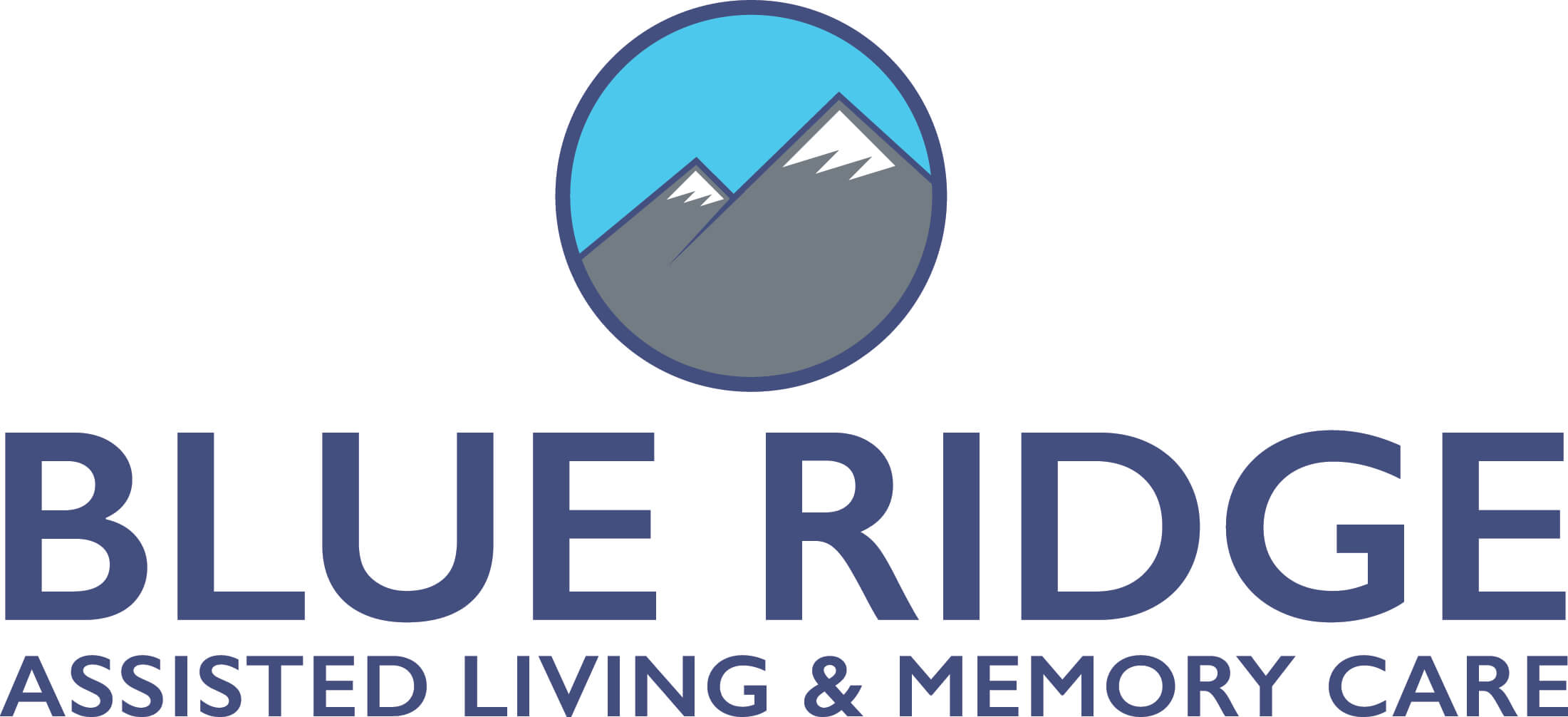If you’re worried about your memory, there’s good news: You can take steps to maintain it now that you know some of the causes of dementia. One way is to live in a memory care community—a place where people like you can go to stay active, eat right, and keep their minds sharp. Read on to learn about how memory care in Georgia can help slow dementia!
A Brain-Healthy Diet
A brain-healthy diet is rich in fish, fruits, vegetables, and whole grains. Avoid sugar, salt, and saturated fat (meat from animals with high fat levels). Also, avoid trans fats found in processed foods like pastries and margarine. If you drink alcohol, limit your intake to one drink per day for women or two drinks per day for men.
Social Contact
Social contact is one of the best ways to slow the progression of dementia and keep your mind active. When in a memory care community, you will have constant company and interaction with other residents, staff members, and friends and family. This can help keep your brain active as well as help you maintain your independence.
In addition to social contact helping with mental health, it also helps with physical health:
- It keeps people active physically by encouraging them to move around more often
- It encourages residents to eat healthier foods due to the presence of others who may want healthy foods too (this might not apply if they live alone)
Brain Games
It’s no secret that keeping your brain active is important for maintaining good health in general, but it also seems to be a great way to slow the progression of dementia. Brain games are one way you can keep your mind limber and your memory sharp. For example, you could play crossword puzzles or even Sudoku! You might also enjoy playing card games like poker or bridge with friends, which will get you thinking about what cards are in their hands and which ones have been played already. Or, if board games are more up your alley, try Risk or Monopoly (both fun ways to play with groups).
Brain games may not seem like much compared with other forms of exercise, such as walking around outside or running errands on foot instead of driving—but don’t underestimate them just because they’re less evident than those other activities! In fact: some research suggests that playing these kinds of games twice a week could help lower risk factors associated with Alzheimer’s disease by 30 percent within six months.
Physical Activity
Physical activity can help your memory, prevent dementia, and make you live longer. It can also improve your mood, sleep quality, and focus. Physical activity may be the answer if you’re looking for a way to manage stress or other mental health issues associated with aging. A regular exercise program may not only ward off dementia but also significantly reduce depression symptoms in older adults and anxiety symptoms in younger people with mild cognitive impairment (MCI).
Research also shows that moderate-to-intense aerobic exercise three times a week leads to more significant improvements in cognition than walking at slower speeds for 30 minutes per day over nine months.
Conclusion
We’re sure you’ve heard about all the causes of dementia and how to prevent it. But we want to emphasize that these steps aren’t just for people who are already suffering from memory loss or other cognitive problems. You can take them now, even if you don’t think you have any risk factors for developing dementia in the future!







